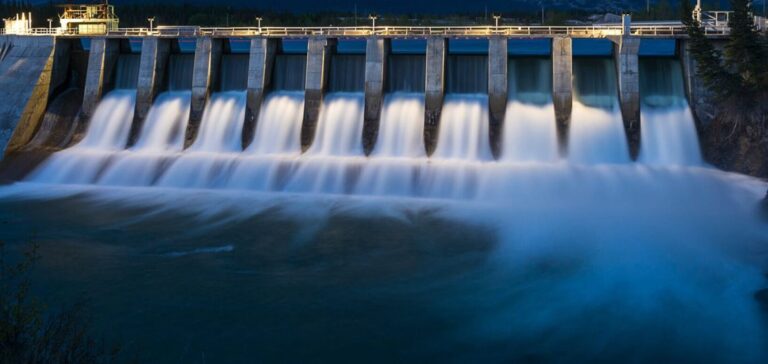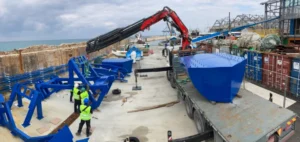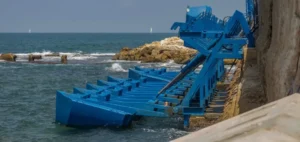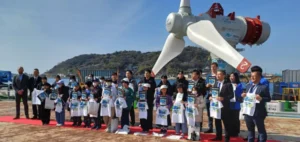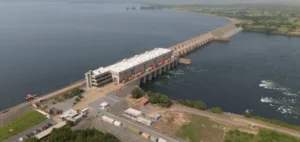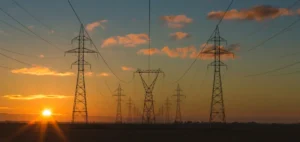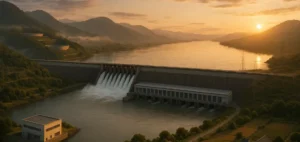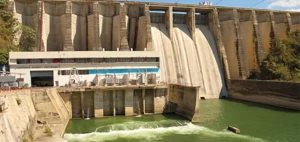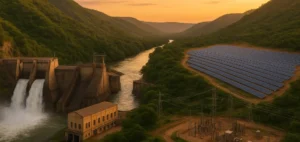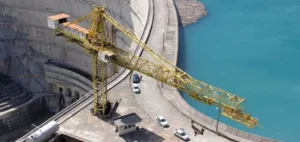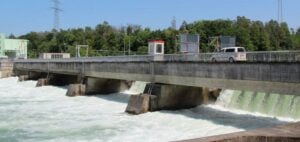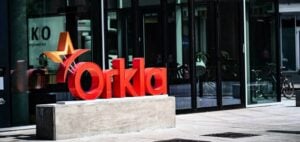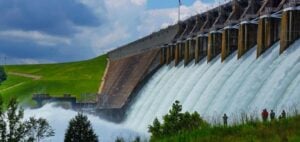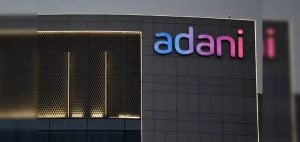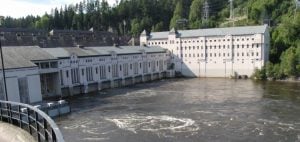The Nigerian federal government has announced that tests have begun on the 700-megawatt Zungeru hydroelectric plant, with a view to evaluating the electricity generated by the facility on the national grid. The Minister of Energy, Adebayo Adelabu, revealed this information when answering questions from the industry in a document published in Abuja. This $1.3 billion project is now connected to the national grid, according to the Minister.
Project development
The Zungeru hydropower plant, located in Niger State in western Nigeria, is a major infrastructure project with a generating capacity of 700 MW, making it the second largest hydropower plant in Nigeria, after the Kainji dam. The plant, located on the Kaduna River near the town of Zungeru, is expected to generate 2.64 billion kilowatt-hours of electricity per year, meeting almost 10% of Nigeria’s national energy needs.
Partnerships and prospects
The project, with flood control, irrigation and fish farming capacity, is being carried out in partnership with a consortium of Chinese companies, including Sinohydro Corporation Limited and China National Electric Engineering Company. Industry analysts believe that this project will significantly boost Nigeria’s energy production and contribute to the region’s economic development.
Adelabu has confirmed that the plant has been completed and that the concession process has also been concluded. The current phase consists of the technical handover by the Chinese consultants who built the Zungeru hydropower plant to the concessionaires. Testing has begun, and full power generation should begin shortly.

